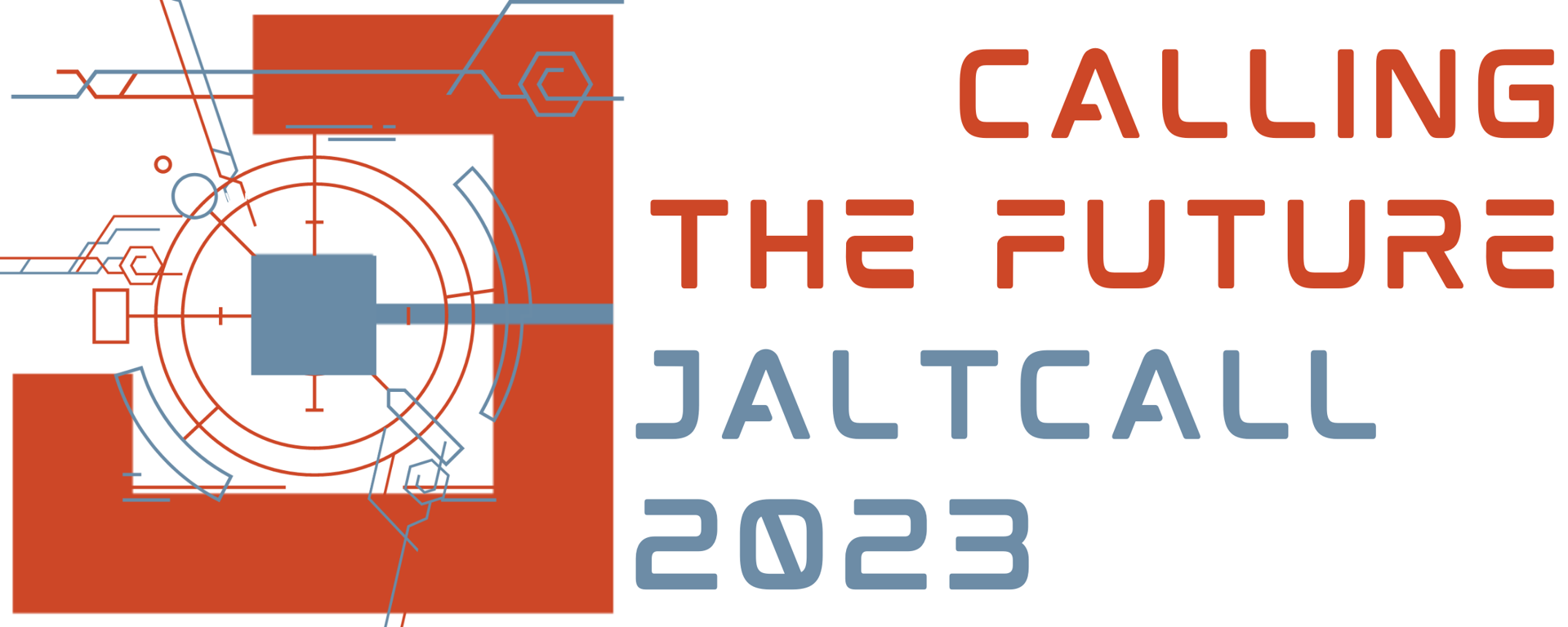2023-06-03, 10:10–10:40 (Asia/Tokyo), A3 Front
Language: English
While English literacy activities have become increasingly multimodal, participatory, and user-oriented, understanding how to exploit the multimodal read-write web for self-expression, issue discussions and critical conversations has become vital for English language learners (hereafter ELLs). The aim of this study was to investigate how a multimodal pedagogy informed by the Knowledge Process framework in the pedagogy of multiliteracies (Cope & Kalantzis, 2015) can facilitate ELLs’ multimodal composing for environmental communication. Through experiencing, conceptualizing, analyzing and applying, 20 ELLs in an undergraduate course were guided to locate, examine, deconstruct, and produce multimodal texts addressing environmental issues in society. Participants’ class discussions, project proposals, collaborative multimodal ecological texts, final presentations, and interviews were collected for data analysis.
The findings of this study reported that ELLs’ metalanguage in multimodal literacies for environmental communication was developed. ELLs were able to examine multimodal ecological texts using concepts such as modes, rhetorical situations, and message frames. However, when producing their own multimodal ecological videos or texts, creativity and enjoyment were often prioritized over criticality. How creativity and criticality play a role in ELLs’ production of multimodal texts for environmental communication will be discussed.
This study investigates how a multimodal pedagogy informed by the pedagogy of multiliteracies can facilitate ELLs’ multimodal environmental communication. Issues of criticality and creativity in multimodal communication will be discussed.

